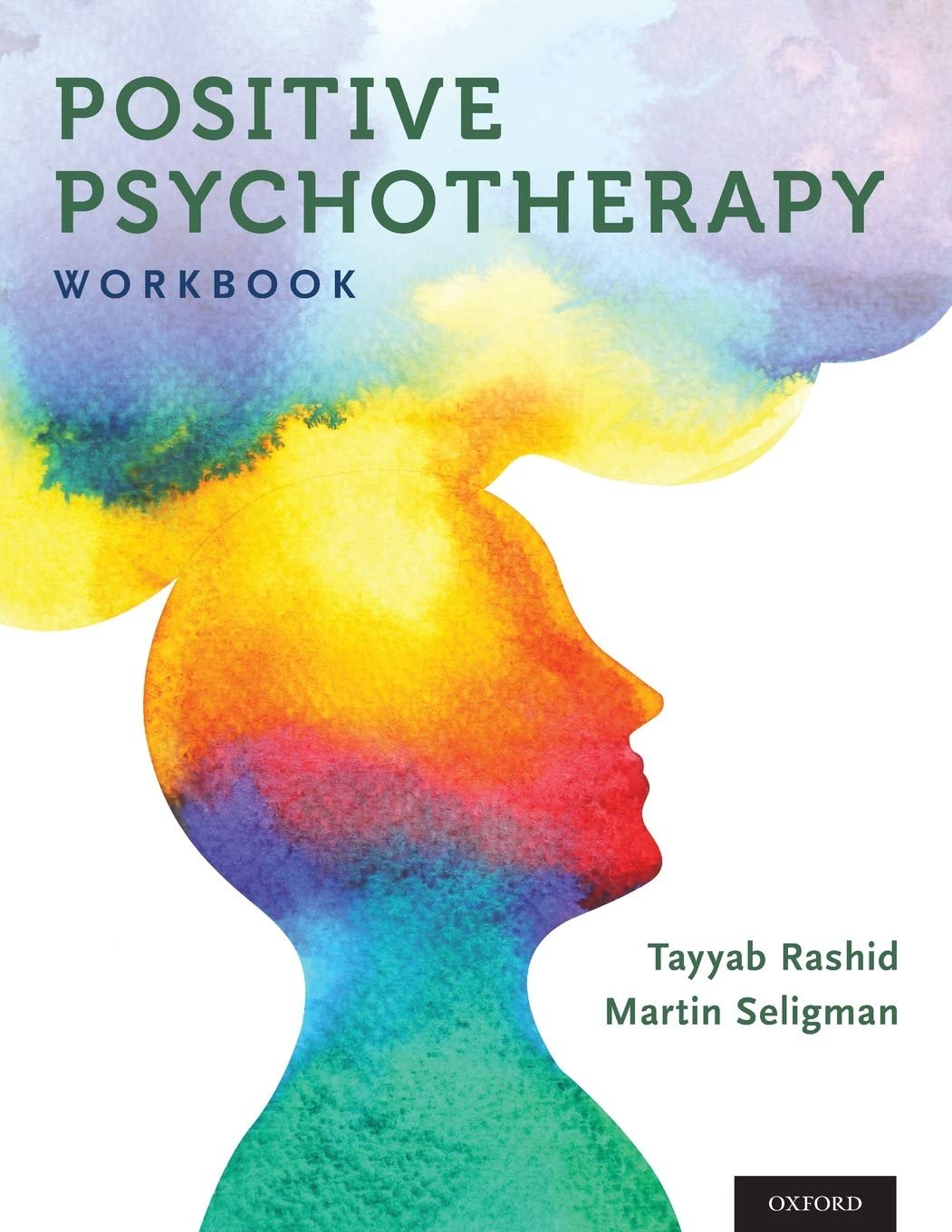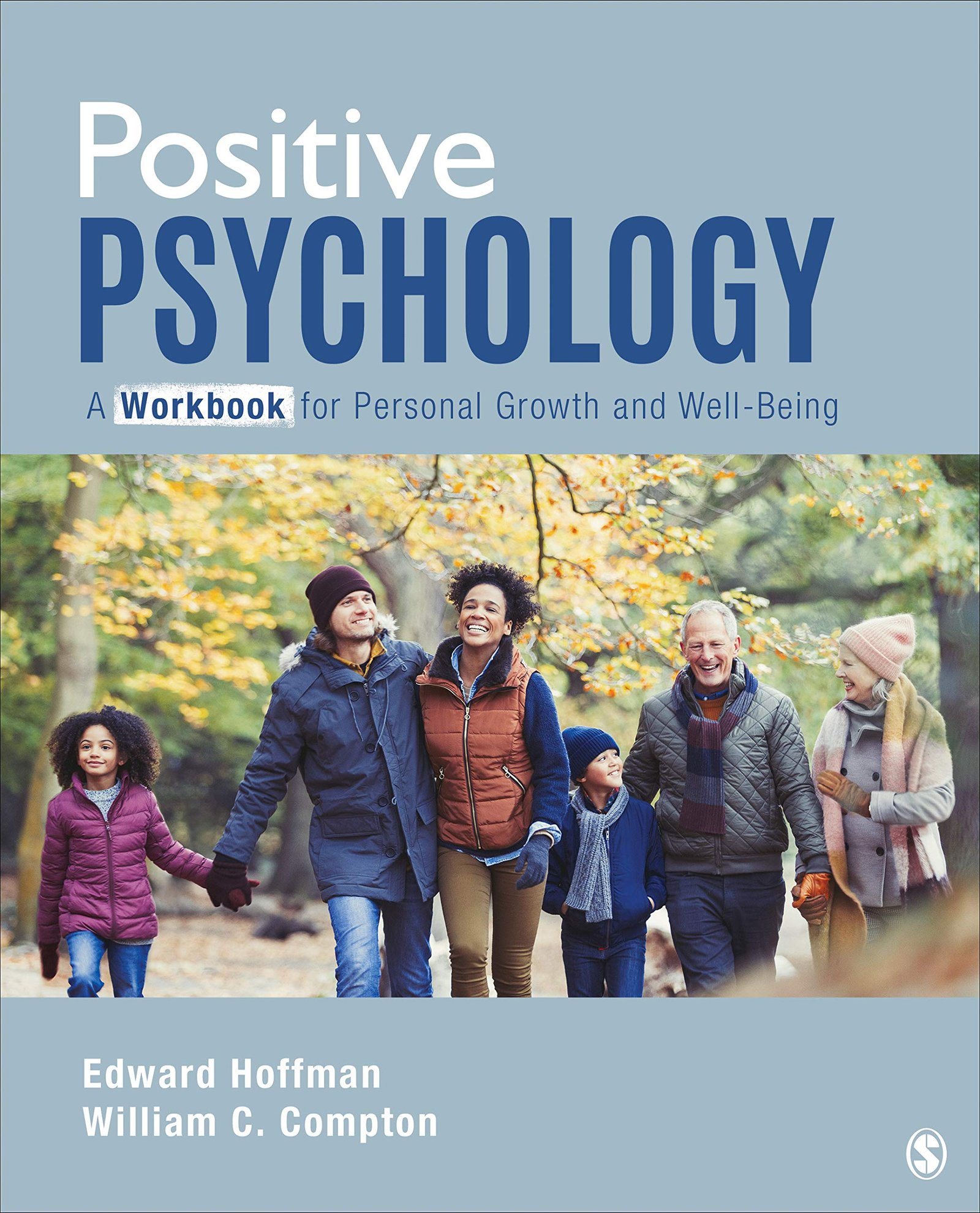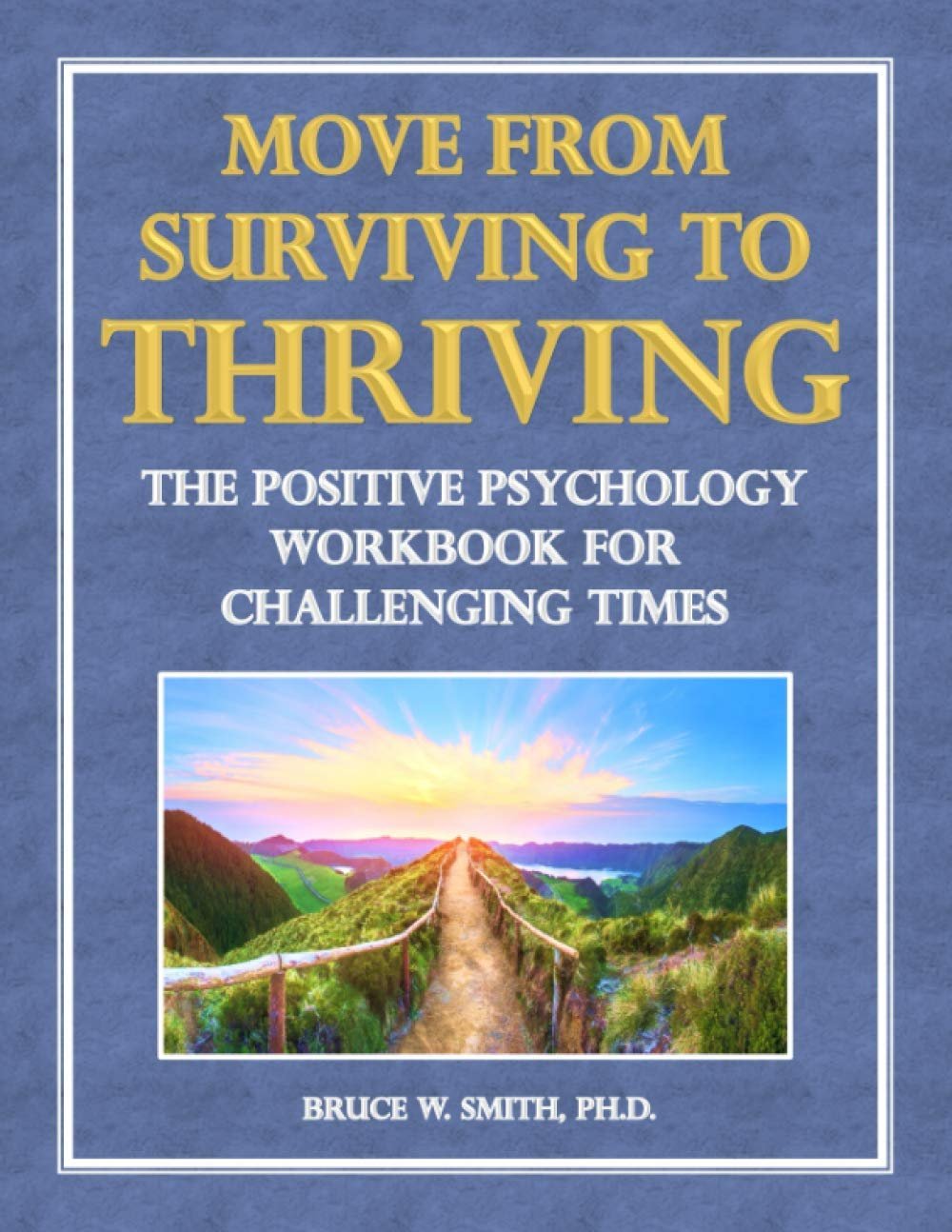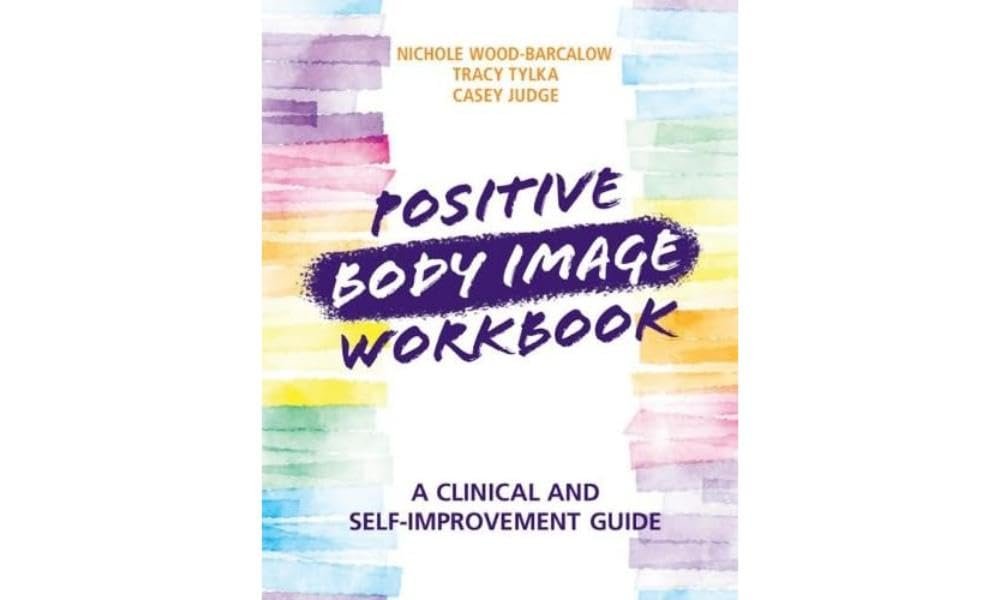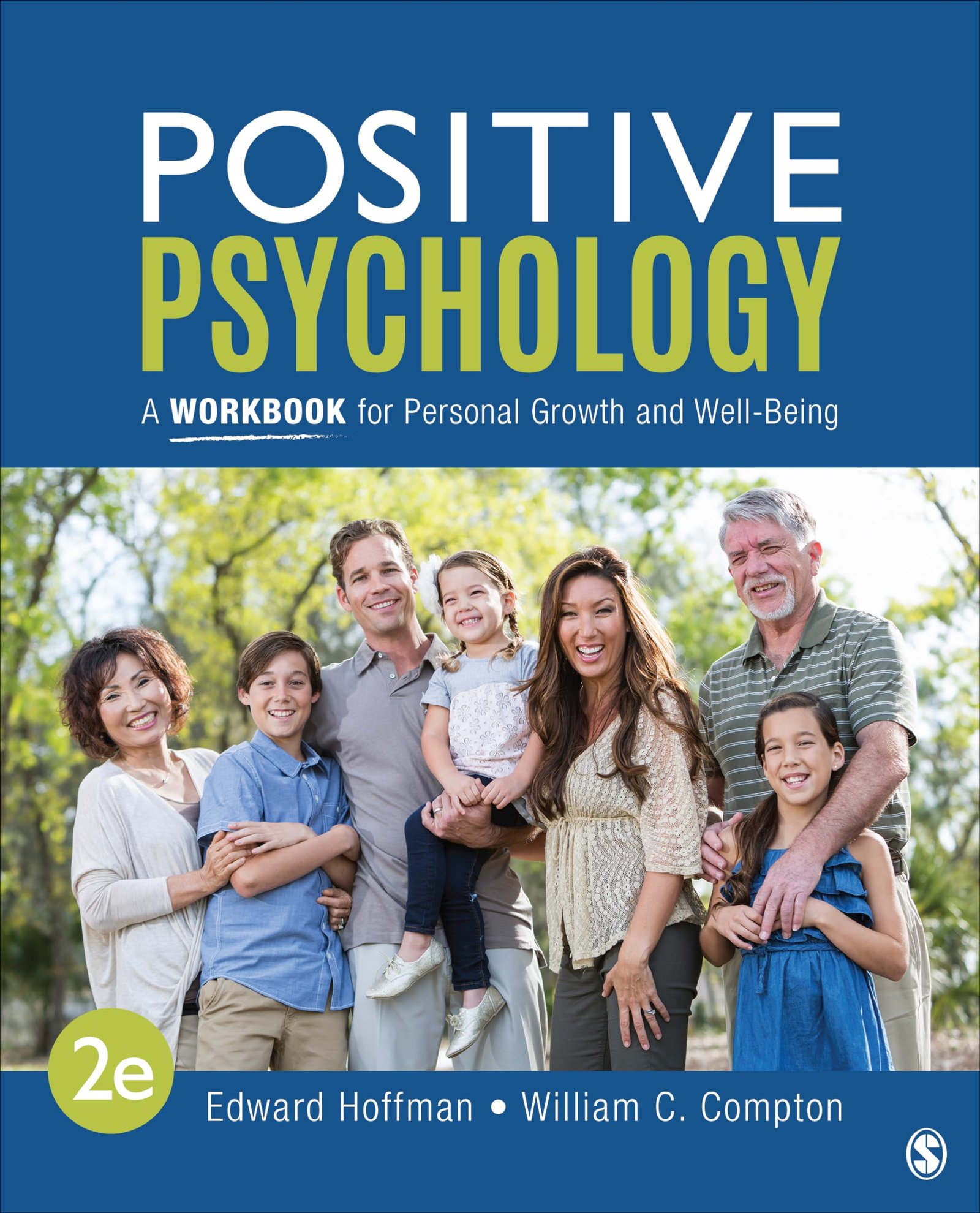Positive psychology workbooks can be powerful tools for boosting your well-being.
They focus on helping you identify strengths, set goals, and cultivate a more positive mindset.
Many people find that these workbooks offer practical exercises and activities, making the process of personal growth engaging and enjoyable.
When choosing a positive psychology workbook, pay attention to the style and format that best suits you.
Some workbooks are more structured with specific exercises, while others allow for more open-ended reflection.
You might also want to consider the workbook’s target audience, as some are geared towards specific groups like students or professionals.
It’s important to find one that speaks to your needs and interests.
By selecting the right workbook, you can effectively enhance your personal development journey.
Best Positive Psychology Workbooks
Looking to boost your happiness and well-being? Check out our list of the best positive psychology workbooks.
They’re packed with tips and exercises to help you make the most of each day.
Positive Psychotherapy Workbook
This workbook offers insightful tools for anyone interested in enhancing their mental well-being.
- Built on solid research from positive psychology.
- Engaging exercises that are easy to follow.
- Ideal for both beginners and those familiar with the subject.
- Some readers may find it a bit basic.
- Limited space for personal notes in some sections.
- A few exercises might feel repetitive after a while.
This workbook presents a great mix of science and practical activities that encourage you to apply positive psychology in your life.
It has 208 pages filled with clearly laid out exercises.
You can expect to find actionable steps to help shift your mindset towards positivity.
Many people appreciate how easy it is to work through this book.
The authors provide clear instructions and relatable examples to guide you.
Readers have noted that the content, based on solid research, adds to its usefulness in everyday situations.
On the flip side, some might feel that the material doesn’t dive deep enough.
A few exercises may come off as basic, especially if you’ve read extensively on the topic before.
Space for your reflections can be limited, which could hinder your personalization of the exercises.
Checking out the Positive Psychotherapy Workbook could be a step forward if you’re looking to boost your mental wellness toolkit.
Positive Psychology Workbook
This workbook can boost your personal growth and well-being.
- Easy-to-follow activities and exercises.
- Encourages self-reflection and positive thinking.
- Offers tools to improve mental health.
- Some may find it too basic.
- Limited depth in certain topics.
- Not all exercises may resonate with you.
This workbook dives into positive psychology concepts with practical exercises.
You’ll find activities designed to help you reflect on your life and make positive changes.
It’s like having a guide to better mental health right in your hands.
The layout is straightforward, making it user-friendly.
You can easily track your progress and notice how your mindset shifts over time.
Each section focuses on different aspects of personal growth, keeping things fresh and engaging.
While some users might want more detailed discussions, the workbook serves as a solid starting point.
It offers valuable insights without overwhelming you.
Overall, it’s a handy tool if you’re looking to enhance your well-being.
Move from Surviving to Thriving
This workbook can help you focus on positive thinking during tough times.
- Easy to read and understand.
- Offers practical activities for self-improvement.
- Affordable choice for personal development.
- Some may find the content too simple.
- Not a companion workbook to other titles.
- Limited depth for those seeking advanced topics.
This workbook can really help when you’re navigating challenging times.
It focuses on positivity and provides tools to shift your mindset.
It has practical exercises that encourage you to work on your personal growth.
The layout is friendly and makes it easy for you to engage with the content.
You’ll find links to helpful videos and resources that make learning more enjoyable.
This can really boost your understanding of Positive Psychology.
However, if you are looking for complex or deep discussions, you might want to explore other options.
Some readers feel the simplicity might not meet their needs, especially if they are familiar with more in-depth material.
Overall, it’s a solid pick for someone wanting to enhance their outlook on life.
Positive Body Image Workbook
This workbook is a solid option if you’re looking to improve your body image and find practical exercises to make positive changes.
- The workbook offers a blend of scientific information and practical exercises.
- It’s suitable for both individual use and for therapy settings.
- User-friendly layout makes it easy to follow the activities.
- Some may find it too focused on clinical use rather than general self-help.
- The length may feel overwhelming for those preferring quick reads.
- It’s paperback, which might not be as durable for heavy use.
This workbook dives into body image in a friendly and accessible way.
You will find activities that help you explore your feelings about your body.
The combination of research and practical tasks makes it engaging for different users.
You might appreciate how the book provides a space for reflection and growth.
It’s not just filled with theory; there are hands-on sections that encourage you to apply what you learn.
If you’re a therapist, the added clinician’s section can enhance your toolkit when working with clients.
While this book is comprehensive, it does require some commitment.
If you’re looking for quick fixes, it may seem lengthy.
Still, those ready to engage with the material will find valuable insights and resources to help on their journey toward a positive body image.
Positive Psychology Workbook
This workbook is a helpful tool for boosting your personal growth and well-being in a straightforward way.
- Offers practical exercises to enhance mental wellness.
- Easy to read and understand for all levels.
- Provides a structured approach to positive psychology concepts.
- Some may find the content repetitive.
- Limited depth on advanced topics.
- Paperback may not be as durable.
This workbook guides you through various exercises designed to uplift your mood and outlook on life.
Each activity is crafted to help you think positively and engage with your feelings.
You’ll find simple tasks that promote reflection and growth without feeling overwhelming.
Many readers appreciate that the language is clear and friendly, making it accessible.
The pages are filled with engaging prompts that encourage you to explore your thoughts and emotions more deeply.
It’s a great choice whether you’re new to positive psychology or looking to refresh your practice.
You might notice some repetition in themes, which could be a bit dull if you prefer variety.
Additionally, if you’re looking for complex theories, this workbook focuses more on practical application.
Overall, it’s a solid option for anyone wanting to improve their well-being.
Buying Guide
Choosing the right positive psychology workbook can make a big difference in your experience.
Here’s what to keep in mind:
1.
Purpose and Goals
Think about what you want to achieve with the workbook.
Are you looking for stress relief, better relationships, or personal growth? Knowing your goals helps you pick the best fit.
2.
Format
Workbooks come in different formats.
Some are print, while others are digital.
If you like writing by hand, a print workbook might be better.
If you prefer using a tablet, look for a digital option.
3.
Level of Guidance
Some workbooks offer step-by-step instructions, while others are more open-ended.
Decide how much help you want.
More guidance can be great for beginners.
| Feature | What to Look For |
|---|---|
| Exercises | Check for various activities to keep it engaging. |
| Space for Notes | Ensure there’s enough room for your thoughts. |
| Theories Explained | Look for sections that explain the concepts simply. |
4.
Reviews and Recommendations
Look for customer reviews.
This can give you a feel for how helpful the workbook is.
Recommendations from friends or professionals can also guide you.
5.
Price
Consider your budget.
Workbooks range in price.
Decide how much you’re willing to spend before you start shopping.
Frequently Asked Questions
You probably have some questions about positive psychology workbooks.
Below are some common queries that can help you understand what to expect and how to use these resources effectively.
What exercises can I find in a positive psychology workbook?
You can find exercises that focus on gratitude, strengths identification, and goal setting.
Many workbooks include journaling prompts and activities to boost your well-being.
Others may offer mindfulness exercises or methods to improve resilience.
Can you recommend some top positive psychology books for personal development?
Some popular books include “The Happiness Advantage” by Shawn Achor, “Flourish” by Martin Seligman, and “The How of Happiness” by Sonja Lyubomirsky.
These books provide practical advice and insights into positive psychology principles you can apply in your life.
Where can I access free resources or workbooks on positive psychology?
You can find free workbooks online through websites like Positive Psychology Center and Greater Good Science Center.
Many universities also offer free materials and research articles related to positive psychology.
Who are some prominent authors in the field of positive psychology?
Martin Seligman is often considered the father of positive psychology.
Other notable authors include Mihaly Csikszentmihalyi, Sonja Lyubomirsky, and Angela Duckworth.
Their work has greatly influenced the way we understand happiness and well-being.
What are the core concepts covered in a positive psychology workbook?
Key concepts include happiness, gratitude, mindfulness, resilience, and character strengths.
These workbooks often explore how to apply these ideas to enhance your life and promote a positive mindset.
How can I apply positive psychology techniques from workbooks in my daily life?
You can start by setting small daily goals to practice gratitude.
For example, try incorporating mindfulness techniques during your day, such as taking a moment to breathe deeply.
Using your strengths in everyday situations also helps build a positive outlook.


